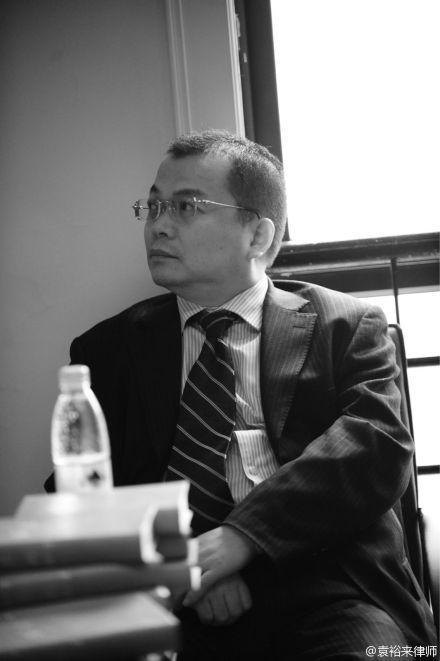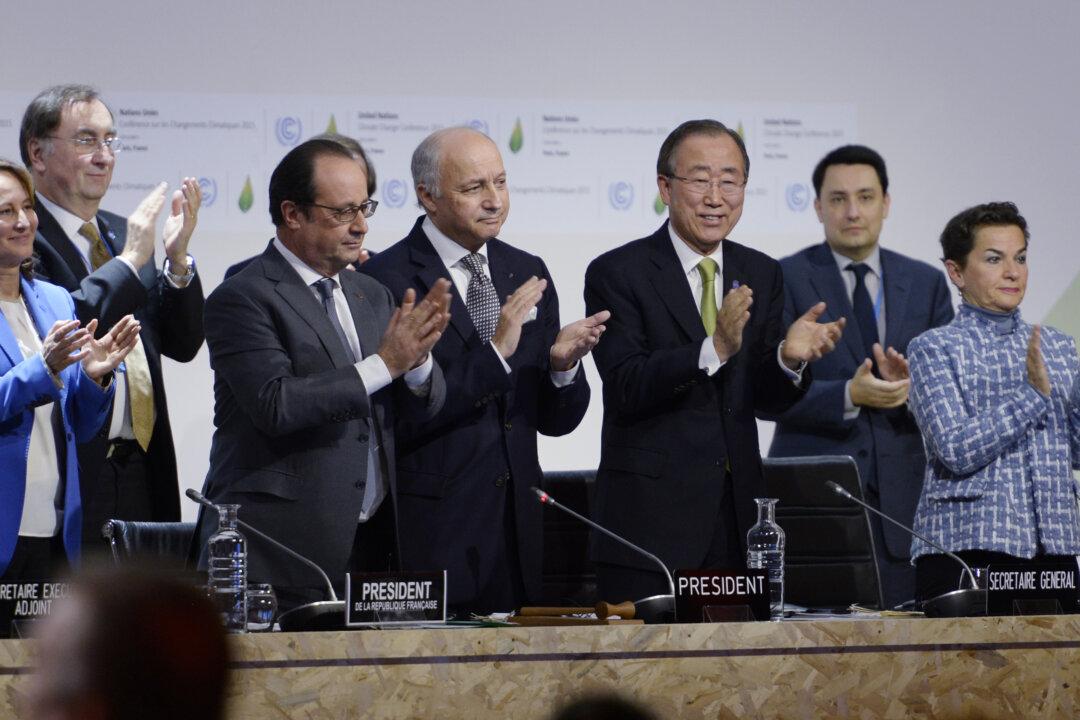The spate of child rape cases being exposed in the Chinese Communist Party over the last several weeks can be explained in part by a superstitious belief that sex with virgins enhances chances of promotion.
Guangzhou-based lawyer Sui Muqing told Radio Free Asia that taking a girl’s virginity seems to have become a regular pastime in communist officialdom.
“There is a superstitious pun based on the similarity between the words for virgin and ‘initial level’ official, which means that an evil custom has become customary among many ignorant officials,” he said. “This states that if you want to be sure that a girl is a virgin, you have to get a girl who is still in primary school.”
Although the practice has been going on for years, victims and their families have struggled to find justice in a system that favors those in the Communist Party, and can place pressure on lawyers trying to handle such “sensitive” issues.
The All-China Women’s Federation has collated the number of petitioner letters and visits relating to child sexual abuse each year, according to a report by China Youth Daily last July. In the second half of 1997, there were 135 cases, but the number increased by more than 20-fold in the following three years to 2,948, 3,619, 3,081 in 1998, 1999, and 2000, respectively.
Since 2005, there have only been 40 cases concerning child sex abuse in China, where the age of consent is set at 14, according to a report co-sponsored by Legal Evenings News, and Beijing Youth Legal Aid and Research Center. Nearly half the defendants were public servants, including judicial officials, teachers, and county-level deputies in the National People’s Congress.
Hefei lawyer Mr. Chen, a legal counselor at the National People’s Congress Office of Letters and Calls, said on his Weibo that some communist officials at county- and department-level try to get promoted to bureau-level by having sex with virgin girls. He referred to numerous media reports about such cadres in Wanning City, who by law are meant to receive the death sentence.
“One report involved nine girls with the youngest only 6 years old,” Mr. Chen added. “Based on Article 236 in criminal law, any rape offender can be sentenced to death under five different scenarios. Having sex with virgins accounts for four of them, as it is considered to be the most malicious, and offenders most deserving of capital punishment.”
However, some modifications have weakened criminal laws relating to sexual offenses against young girls. Rape of underage girls is punishable by death, but a clause introduced in 1997 allows offenders to instead be tried for “underage prostitution,” for example if they can plead ignorance of the victim’s age or if money was involved.
The former Deputy Judge of the PRC Supreme Court, Huang Songyou, further interpreted the law in 2003, saying: “If the defendant does not know the girl is under 14 years old and sexual relations are mutually agreed without serious consequences, it should not be regarded a crime.”
Huang’s manipulation of the law evoked a great deal of controversy, preventing future cases from following this direction. In 2010, he was found guilty of corruption, not surprisingly including an interest in young girls, and sentenced to life imprisonment.
Well-known rights lawyer Yuan Yulai blogged about the interference that lawyers experience when they try to take on such cases. Referring to a particular instance, he said: “The lawyers received an order from the Bureau of Justice that they could not represent rape cases involving young girls–they could defend the sexual offenders, but not the child victims.”
In an interview with The Epoch Times, Yuan Yulai said the topic is very “sensitive,” not just because it concerns officials, but because acknowledging the severity of the problem could seriously impact “social stability” if media and public opinion become involved.
Yuan explained how the resistance from authorities can take place. “Our supervisory department passes on the ideas of the authorities, although they will not prevent us representing clients. They try to interfere, but lawyers can also stand up for themselves. We are put under pressure for these sensitive cases, and it depends on how much we resist.”
When asked why representing child victims of sexual offenses was considered a sensitive political issue that involved social stability, as the authorities claim, Yuan chuckled. “People who don’t live in China, of course won’t understand. Sometimes, even we don’t understand.”
Translation by Frank Fang. Research by Ariel Tian.




